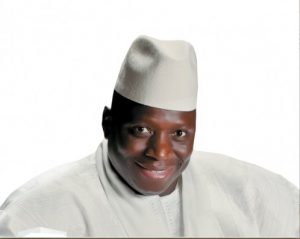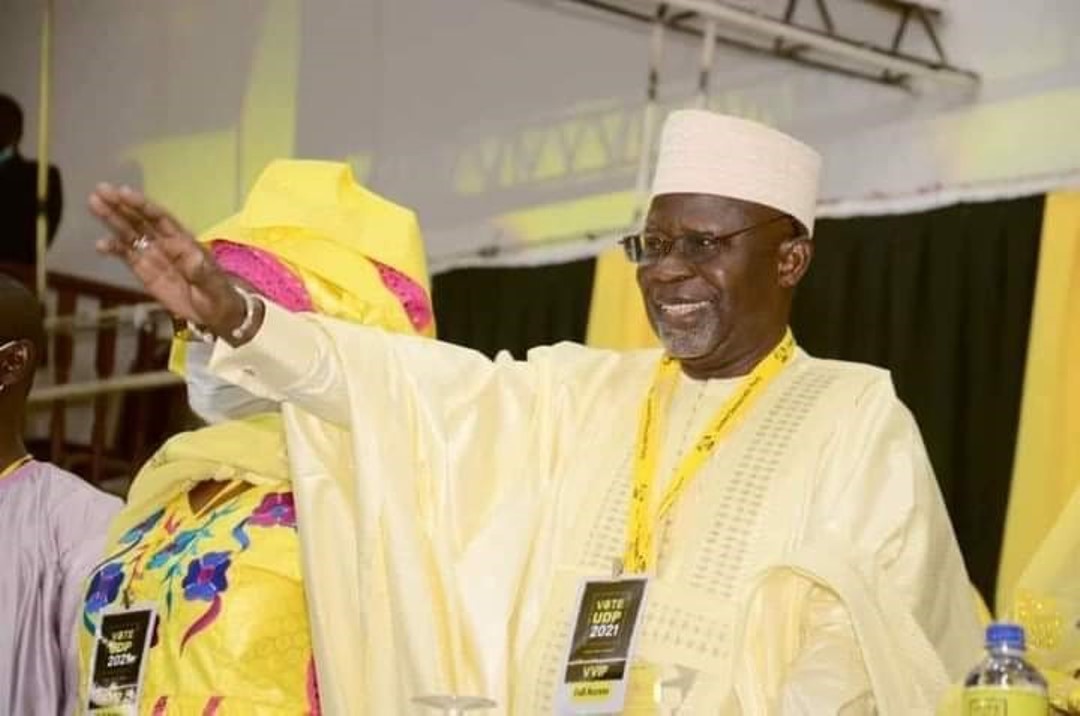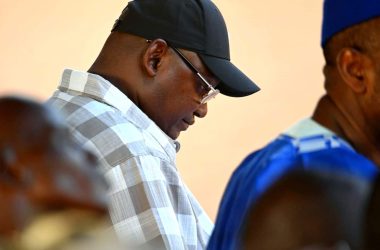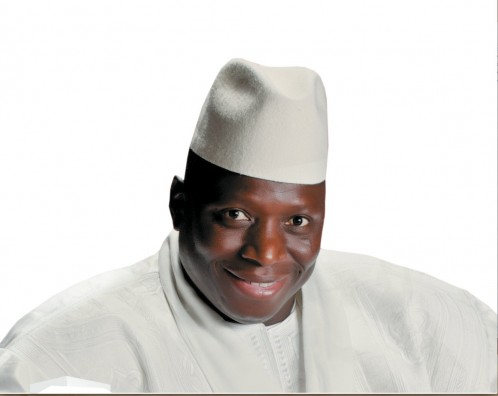
(JollofNews) – The National Endowment for Democracy (NED), a private, nonprofit foundation dedicated to the growth and strengthening of democratic institutions around the world, will Friday host a meeting in Washington DC to discuss concerns about the worsening human rights situation in the Gambia, particularly in the run-up to presidential elections in December.
The meeting which will be moderated by Kamissa Camara, senior programme officer, Central and West Africa at the National Endowment for Democracy is expected to be attended by prominent right activist including Dr Isatou Touray, executive director of the Gambia Committee on Traditional Practices Affecting the Health of Women and Children (GAMCOTRAP), Pasamba Jow, spokesperson of the Democratic Union of Gambian Activists (DUGA), Jim Wormington, researcher at Human Rights Watch, and Steven Feldstein, deputy Prassistant secretary of State in the Bureau of Democracy, Human Rights and Labour (DRL).
Organisers intend to use the event to contribute to the spread of correct information on both the political situation and existing efforts for reform, and to reinforce collaboration among civic groups, policymakers, and political parties seeking to address the Gambia crisis.
During the hour and half minute-long meeting, participants will also look at the prospects for

transparent and credible presidential elections in the West African country and ongoing efforts to resolve the simmering political crisis.
The organisation said the Gambia was once a beacon for democracy and economic development in the region, but the country is now ranked 175 out of 188 on the Human Development Index (HDI), and scored just 6.5 on Freedom House’s 2016 index and is West Africa’s last remaining dictatorship.
“Despite the challenging political environment, Gambian civil society organisations, diaspora groups, and advocacy organisations, including NED grantees, have made significant contributions to building democratic institutions and preparing the population for a future Gambia that is democratic,” it stated.
” They’ve improved international awareness over the political situation, organised discussions in the Gambia on democracy and human rights, prepared Gambian women for political life, and drafted and revised policies to reform government institutions.














